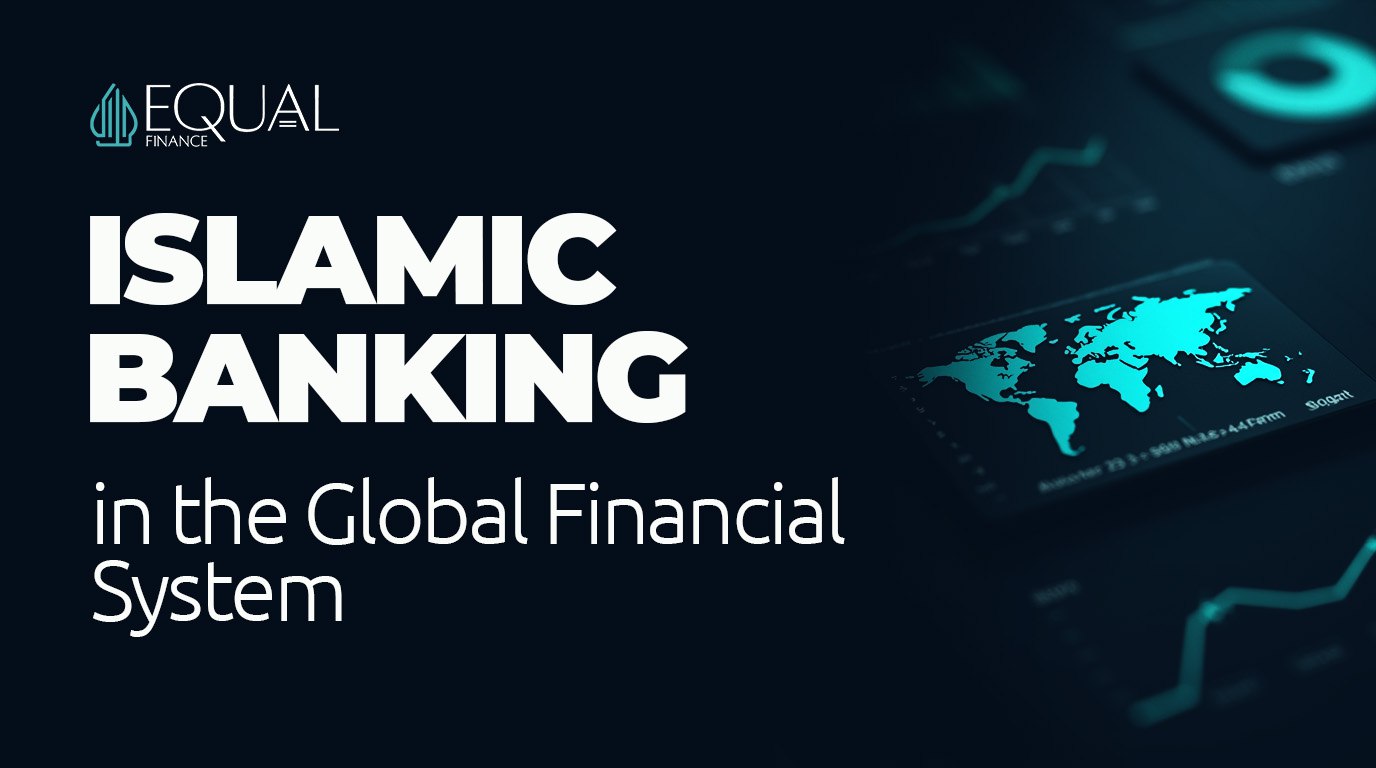Over the past few decades, Islamic banking has become one of the fastest-growing segments of the global financial industry. Whereas in the mid-20th century, Sharia-based principles were mostly confined to local Muslim regions, today Islamic banking in the global financial system is steadily carving out a niche, attracting leading market players and investors. This article examines how Islamic banks and finance integrate into the global economy and the reasons behind their rising prominence.
1. Islamic Banking: Principles and Differences
1.1. Prohibition of Riba and Speculation
In Islamic finance, the concept of “interest on a loan” (riba) is banned. Instead, banks employ profit-sharing or markup sales (murabahah). Purely speculative behavior (maysir) is also avoided.
1.2. Real Economy Focus
Islamic banking is oriented toward financing real assets, projects in trade, manufacturing, and infrastructure. Money must not “generate” money on its own.
1.3. Ethical Component
Beyond its religious aspect, Sharia-based norms coincide with the idea of “ethical finance” — no harmful sectors, transparency, and social responsibility.
2. The Role of Islamic Banking in the Global Financial System
2.1. Role of Sovereign Wealth Funds
Gulf states (Saudi Arabia, UAE, Kuwait, and others) possess large oil and gas surpluses invested through Islamic banks and funds, expanding Sharia-based instruments worldwide.
2.2. Global Expansion
Islamic banks are thriving not just in Muslim-majority nations (Saudi Arabia, UAE, Malaysia, Indonesia) but also in the UK, Luxembourg, and Singapore, which host “Islamic windows.”
2.3. Sukuk Listing on International Exchanges
Leading world exchanges (NASDAQ Dubai, the London Stock Exchange, Luxembourg Stock Exchange) include sukuk in their listings, boosting liquidity and attracting global investors.
3. Growth Drivers and Future Prospects
3.1. Demographic Factors
The Muslim population is expanding faster than many other groups. As it grows, so does the demand for finance in line with Sharia rules.
3.2. ESG and Sustainable Development
Aligning with ESG values (environment, social, governance) complements the ethical nature of Islamic banking, thereby attracting new investors who seek responsible solutions.
3.3. Fintech Revolution
Digitalization simplifies cross-border transactions and reduces compliance costs. Islamic banks adopting blockchain, smart contracts, and mobile apps stand out as more competitive.
4. Challenges and Obstacles
4.1. Lack of Unified Standards
Different Islamic legal schools (madhhabs) can interpret details differently, complicating the launch of uniform international products.
4.2. Low Liquidity and Secondary Markets
Though sukuk are actively traded on certain exchanges, their volumes often lag behind those of conventional bonds. Investors may worry about limited liquidity.
4.3. Shortage of Qualified Professionals
Running an Islamic bank requires experts versed in both Sharia and international finance. Such specialists are in short supply, especially outside the Muslim world.
5. Islamic Banking Models and Products on the Global Stage
5.1. Fully Islamic Banks
Major institutions (Al Rajhi Bank, Dubai Islamic Bank, CIMB Islamic, etc.) fully comply with Sharia, offering services ranging from retail deposits to megaproject financing.
5.2. “Islamic Windows”
Many global banks (HSBC, Standard Chartered) have set up departments serving clients under Sharia rules, alongside conventional offerings.
5.3. Investment Funds
Islamic private equity and venture capital funds cater to Muslim capital, investing worldwide in halal industries.
6. Impact on Global Capital Markets
6.1. Portfolio Diversification
International funds consider Islamic instruments to lower correlation and enhance resilience in their investment portfolios.
6.2. Stability Against Crises
By focusing on the real sector and shunning high-risk speculation, Islamic banks often exhibit greater stability during financial downturns.
6.3. Social Effects
Islamic banking supports infrastructure, small and medium-sized businesses, and fosters greater social equity in finance.
7. The Future of Islamic Banking
7.1. Growth of Green and Social Sukuk
Governments and corporations increasingly issue “green” sukuk for ecological projects, merging Sharia ethics with environmental goals.
7.2. International Standards
Bodies like AAOIFI and IFSB aim to unify regulations, facilitating cross-border deals and attracting new market participants.
7.3. Fintech and Crowdfunding
Islamic crowdfunding platforms and crypto solutions (such as Sharia-compliant tokens) could reshape the Islamic banking landscape in the coming years.
8. Conclusion
Islamic banking in the global financial system is far from a niche phenomenon; it has become a fully fledged participant in the global market. Growing demand for ethical and socially responsible instruments, along with support from sovereign Gulf funds, makes Islamic banking increasingly attractive to investors around the world.
Merging religious-ethical principles with modern financial technology gives Islamic banking great growth prospects, especially at a time when global finance is searching for more stable, transparent, and socially conscious forms of funding.


